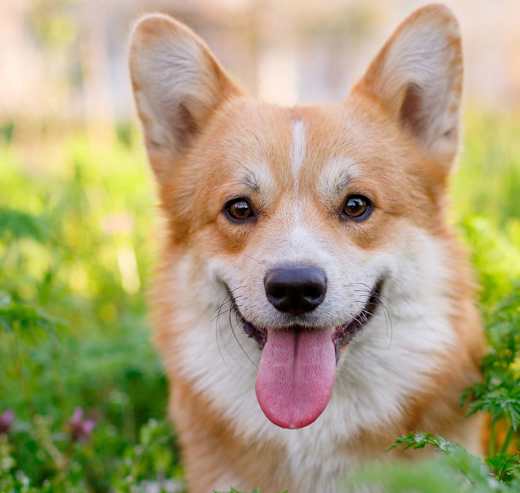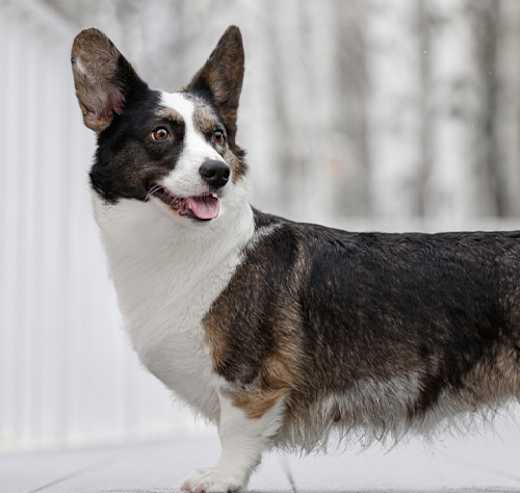If you buy a Corgi puppy from a breeder, you should expect to pay up to $3,500.
Adopt A Corgi
23 available Corgis near you
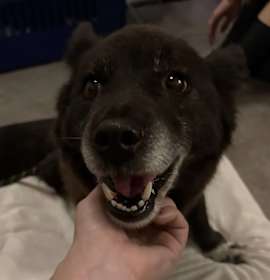
Burrito
Corgi Chihuahua
Male, 8 yrs 1 mo
Los Angeles, CA
House-trained
Spayed or Neutered
Shots are up-to-date

Jack White
Corgi Jack Russell Terrier
Male, puppy
Marina Del Ray, CA
Good with dogs
Good with cats
House-trained
Shots are up-to-date

Dottie
Corgi Jack Russell Terrier
Female, puppy
Marina Del Ray, CA
Good with dogs
Good with cats
House-trained
Shots are up-to-date
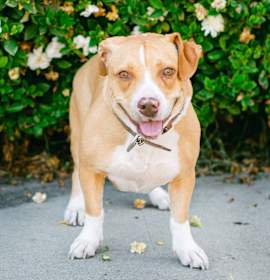
Shirley
Corgi
Female, adult
Woodland Hills, CA
Good with dogs
Needs experienced adopter
Spayed or Neutered
Shots are up-to-date
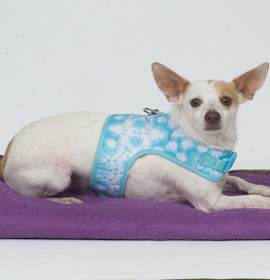
Suri
Corgi Chihuahua
Male, 4 yrs 2 mos
Shadow Hills, CA
Good with dogs
Good with cats
House-trained
Spayed or Neutered
Shots are up-to-date

Tequila
Corgi Terrier (Unknown Type, Medium)
Female, young
Los Angeles, CA
Good with dogs
House-trained
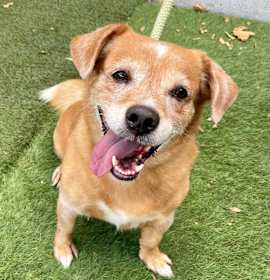
Chanel
Corgi
Female, 8 yrs 1 mo
Canoga Park, CA
Not good with dogs
Not good with cats
House-trained
Spayed or Neutered
Shots are up-to-date

Victor
Corgi Jindo
Female, 4 yrs 8 mos
Torrance, CA
Good with dogs
Good with cats
Needs special attention
House-trained
Spayed or Neutered
Shots are up-to-date

RACCOON
Corgi Spaniel (Unknown Type)
Female, young
Agoura Hills, CA
Good with dogs
Good with cats
House-trained
Spayed or Neutered

Snow (H)
Corgi Jindo
Female, 6 mos
Los Angeles, CA
Good with dogs
House-trained
Spayed or Neutered
Shots are up-to-date
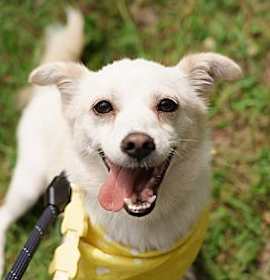
Bori (D)
Corgi Spitz (Unknown Type, Small)
Female, 2 yrs 6 mos
Los Angeles, CA
Good with dogs
House-trained
Spayed or Neutered
Shots are up-to-date

Diah (J)
Corgi Jindo
Female, 1 yr 2 mos
Los Angeles, CA
Good with dogs
House-trained
Spayed or Neutered
Shots are up-to-date
Search for Corgi puppies and dogs
Find adoptable Corgi by Beverly Hills, CA
Animal shelters near Beverly Hills, CA
Adopting a Corgi
Frequently asked questions about acquiring an Corgi - the pros and cons of adopting versus going through a breeder, and associated costs.
From a breeder, Corgis can cost between $600 to $3,500, though some have been sold for as much as $2000, depending on the breeder’s location and the quality of the breed. Cardigan Welsh Corgis are more expensive because they are rarer than the Pembroke.
You can adopt a Corgi on Adopt a Pet from a local animal shelter or rescue for much less than it would cost to purchase one from a breeder. An adoption fee for a Corgi will usually be a few hundred dollars, which helps to cover the cost of caring for a Corgi prior to adoption.
The easiest way to adopt a Corgi would be through a rescue that specializes in Corgis. A great place to start would be by starting a breed search on Adopt a Pet. The search will show you all the available Corgis in your area.
If you adopt your Corgi from a rescue, you should expect your first year to cost anywhere from $420 to $3,270, depending on training, health care needs, and supplies.

